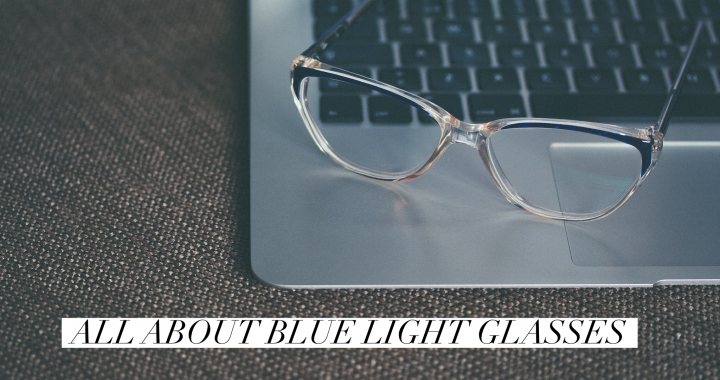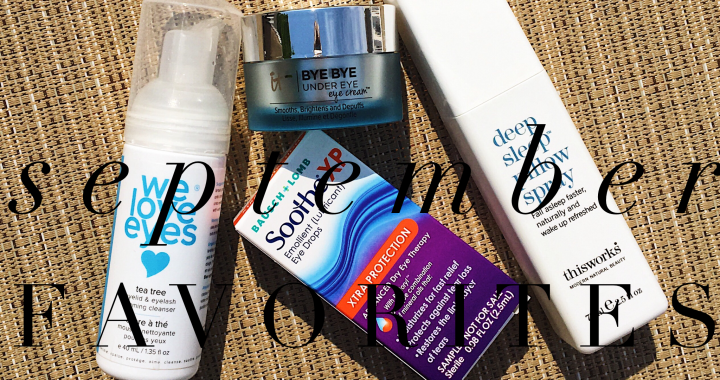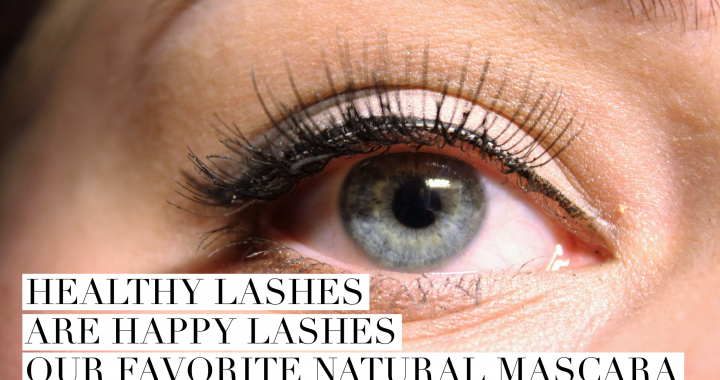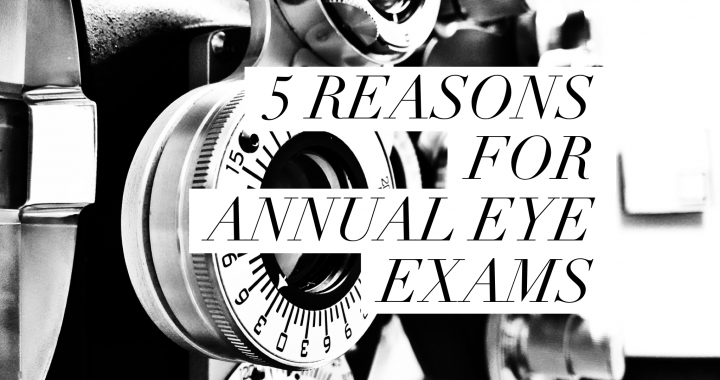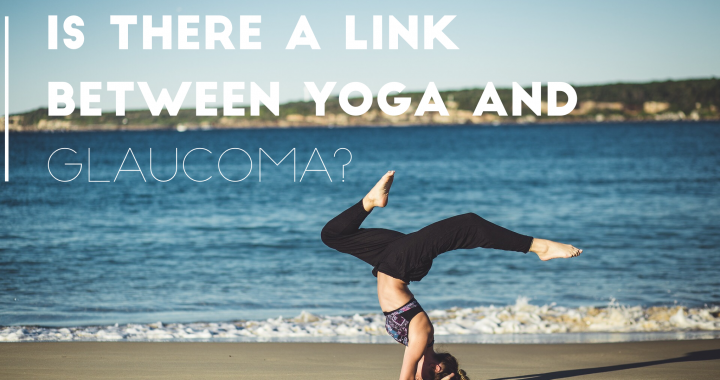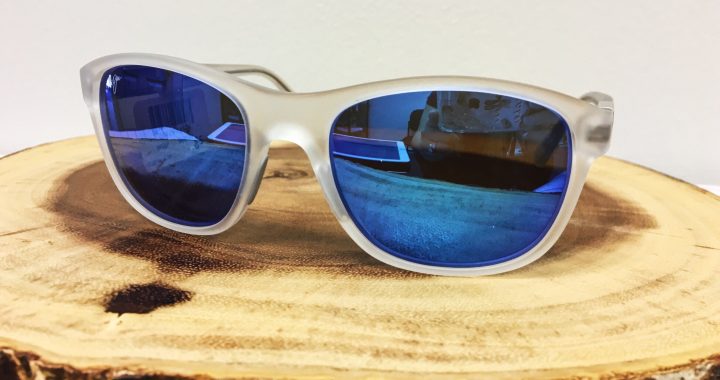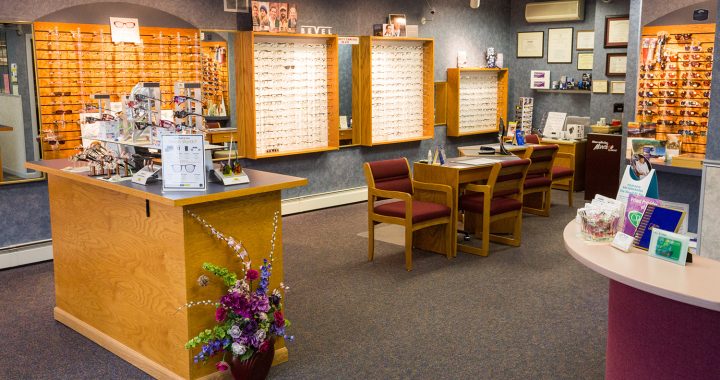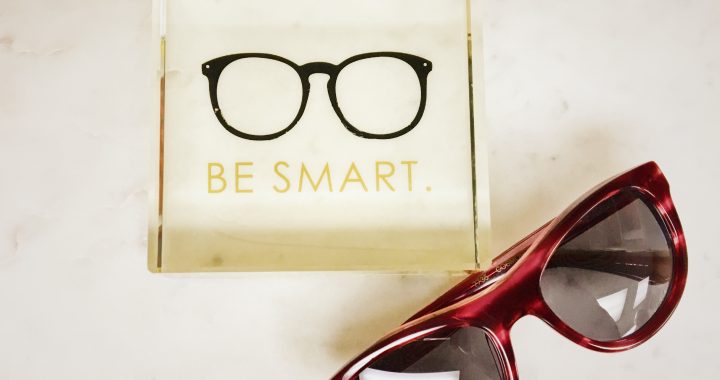With all the advertisements of blue light blocking lenses it can lead people to wonder what is blue light and how important is it to me? Blue light is everywhere – sunlight is the main source but there are also many other sources. Indoor sources can include fluorescent lights, television screens, computer screens, phones and tablets – many things that all of us have and use on a daily basis. The reason eye care professionals are so concerned with blue light is that the eye is not good at blocking that blue light – your cornea and lens can block some UV rays but not the short wavelength/high energy blue wavelengths. Blue light can then pass through those anterior structures and possibly damage the retina in the back of the eye. Extra exposure to blue light may cause damage that is similar to that of macular degeneration, the leading cause of vision loss in the US. What we don’t know yet is whether or not these changes increase the risk of macular degeneration later in life. Blue light can also be detrimental because it is so high energy that the light scatters and is not as easily focused by the eye. Computer screens and digital devices that emit this unfocused blue light may contribute significantly to digital eyestrain. Blue light is also known to help regulate your body’s circadian rhythm – your internal biological clock that helps you fall asleep and wake up. Exposure to excessive blue light, especially at night, can disrupt your circadian rhythm, which may cause difficulty falling asleep. Blue light blocking lenses while using a tablet or computer at night can help with this.
Blue light blocking lenses can decrease the amount of blue light that enters the eyes, which in turn may decrease eyestrain as well as damage from blue light waves. So are blue light blocking lenses essential for your eyes? If you work on a computer/tablet/phone for a good majority of your day then the answer is yes! If you are at higher risk for macular degeneration or spend a lot of time on digital devices later in the evening then blue light blocking lenses may be for you as well. Blue light blocking lenses may also be recommended for children or individuals with focusing issues. So should you buy those blue light glasses you see popping up in ads online? Probably not – most do not block enough blue light and lenses and frames that are not properly fit or measured for you can cause more eye strain and issues than where you started. If you are unsure what kind of blue light blocking lenses are right for you then ask your optician or optometrist at your next visit.
